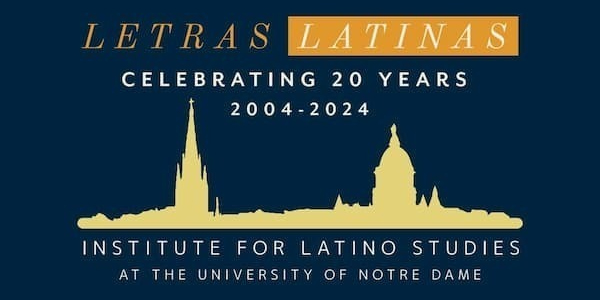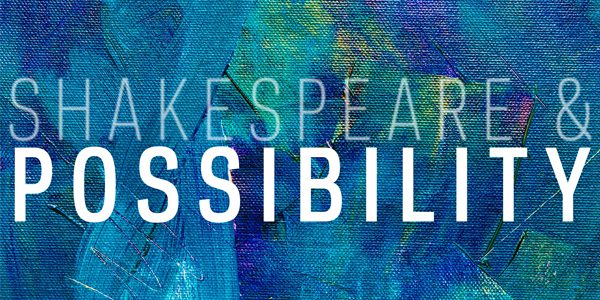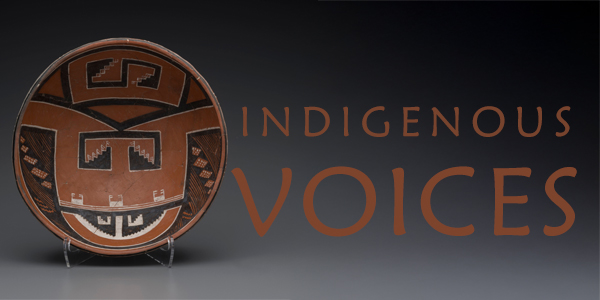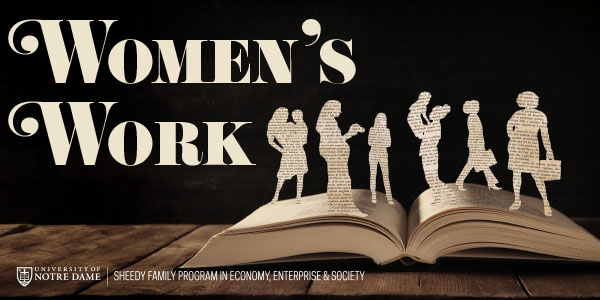In the first Fall iteration of the Rome Book Club, Professor Barry McCrea discussed the first four chapters of Primo Levi’s the Truce. The fascinating introduction to Levi’s memoir, written fifteen years after his return from Auschwitz, began by situating the novel within the author’s historical and cultural context as a Jewish scientist from Turin and holocaust survivor. McCrea went on to discuss the main themes of the narrative, which revolves around physical and psychological journey from death on the camps back to life and the importance of human encounters as a source of grace and redemption. A lively Q&A session concluded the conversation, drawing parallels between Levi’s account and the readers’ experience of returning to ordinary life after the pandemic and raising questions about the novel’s salient themes.
McCrea’s introduction emphasized the importance of Primo Levi’s background as a descendant of a northern Italian Jewish family and a man of science. His education as a chemist, according to McCrea, informed his particular genius as a writer. In this perspective, almost every sentence in Levi’s work reveals how “he is both a scientist an observer of what’s happening around him somebody who’s deducing laws and principles from what he sees happening around him, as well as a novelist, a poet if you like, somebody who is looking at deeper meanings behind it.” (05:30) Other critical components of the Levi’s work, argued McCrea, are the historical reality of his experience as a member of Italy’s resistance, and his urge to narrate the horrors he witnessed during and after the war.
The discussion went on to highlight what McCrea called the “main narrative engine”( 07:21) of the novel, that is human encounters. Exchanges with others, in Levi’s book, constitute, on the one hand, actual accounts of people and ways of life lost to the holocaust. On the other hand, these humans can be read as “emissaries who bring with them psychological or spiritual truths to help Levi on his psychological journey from death and the camps back to life” (07:51). McCrea discussed the motif of returning to life further by listing the strategies Levi devised to come to terms with his traumatic experience. One such recurring strategies was bartering and commerce, which, according to McCrea constitute key components of Levi’s narrative “for the reason that we must always be negotiating our own mental world with the mental world of others”.( 15.20)
Further strategies adopted by the narrator to find his way back to life are the so-called mythic method “when faced with disorder or chaos [Levi] attaches it mentally to something that he knows from his own store of cultural references. These are often in his case classics of the European culture but sometimes also the Torah”(17.10) Other recurring defense mechanisms are what anthropologists call the idea of carnival, or pantomime “moments in which order is suspended and roles are reversed or replayed in a kind of pantomime periodic form […] we get this again throughout the book perhaps versions of what has just happened in the nightmarish order of the nazis is reproduced, replayed if you like, in a parodic form.”(19.00)
The closing Q&A session with the audience emphasized important aspects of the novel. A question was raised about the importance of Dante’s poem in book’s narrative as a guide out of Hell is sought. McCrea maintained that, unlike in Dante’s poem, in Levi’s account “salvation and grace are things that come from other human beings they don’t come from heaven or from supernatural beings”( 35:50), thus highlighting the centrality of the collective as a form of coping with a traumatic reality. Another question concerned the meaning of the novel’s title. The multifaceted significance of the word truce suggests “that the future is not guaranteed. This is a possibly temporary ceasefire, it is not an end, it’s a pause of some kind. We don’t know how long it’s going to go”.(37.10 )Finally, a paralleled was drawn between Levi’s narrator and Dante’s Ulixes. According to McCrea, the two figures are analogous as both return home after a traumatic experience without being recognized by their family “the idea of return is a fantasy, that can’t happen. Every return is a new start, we are not the same people when we arrive home that we were starting out. That’s something we get from from the Odyssey as well as from the Truce” (58.30)
Visit the event page for more.






